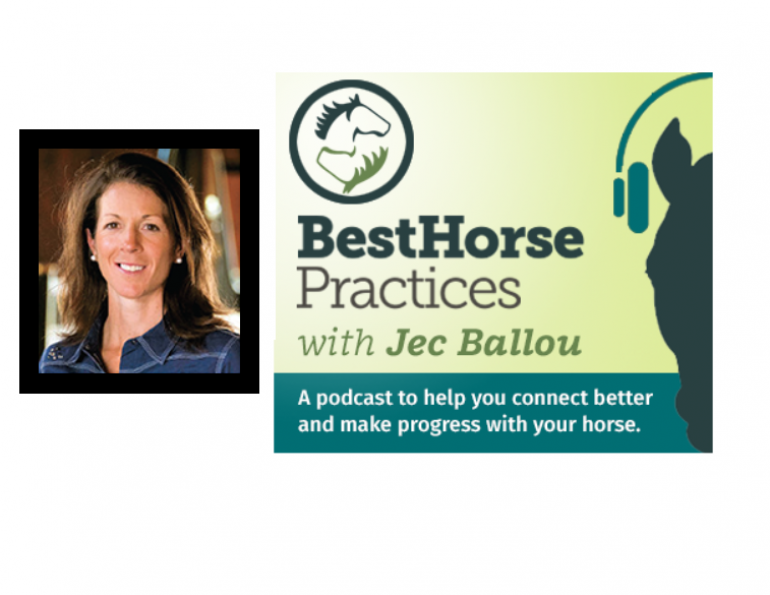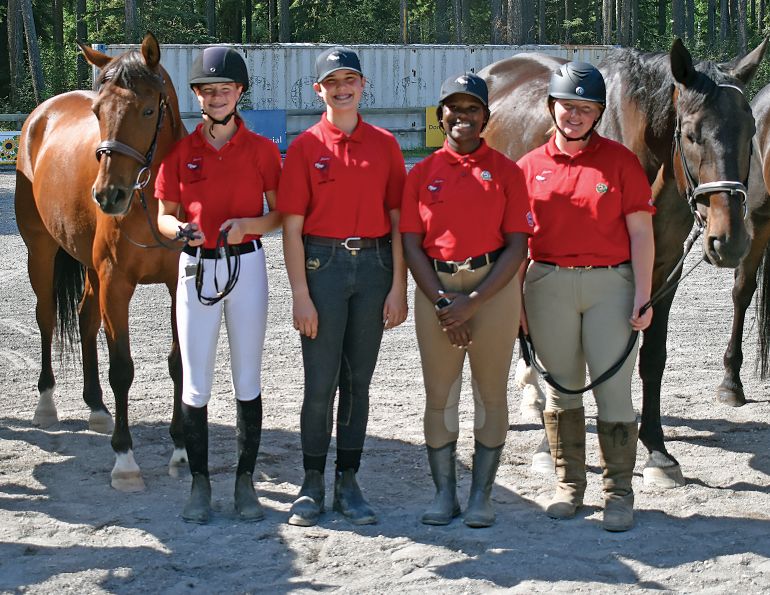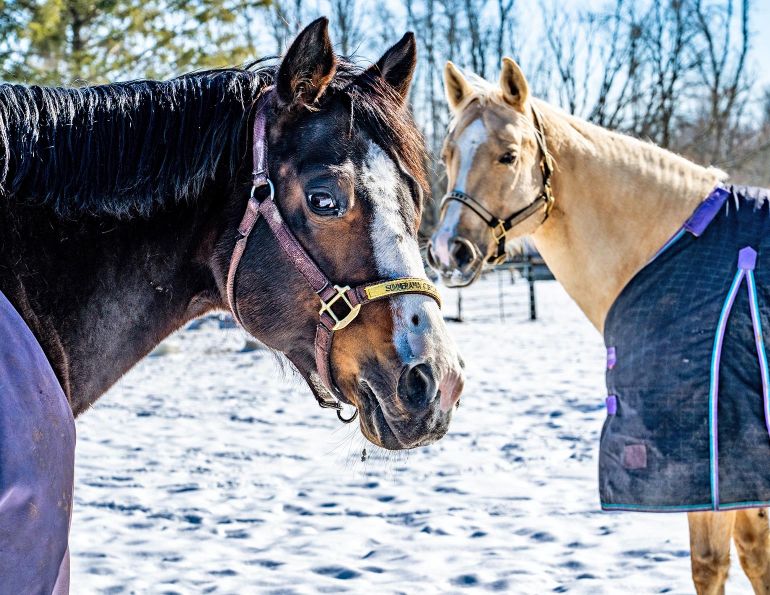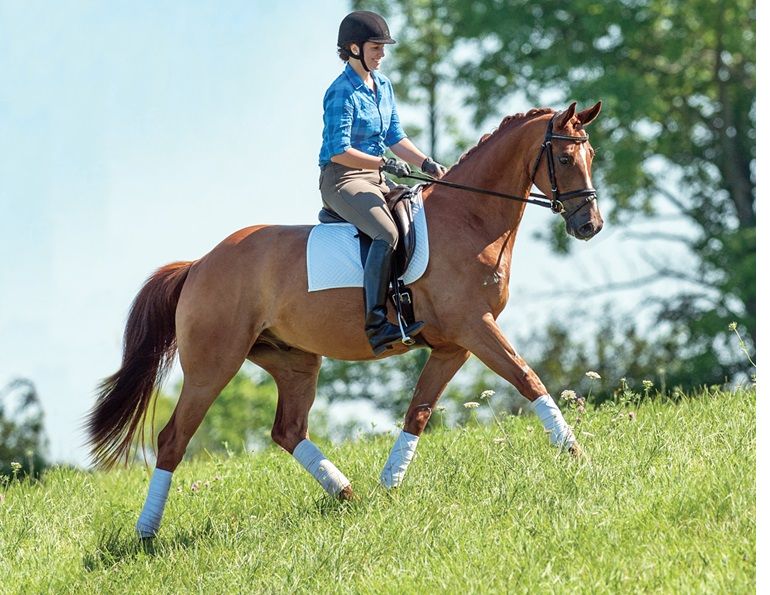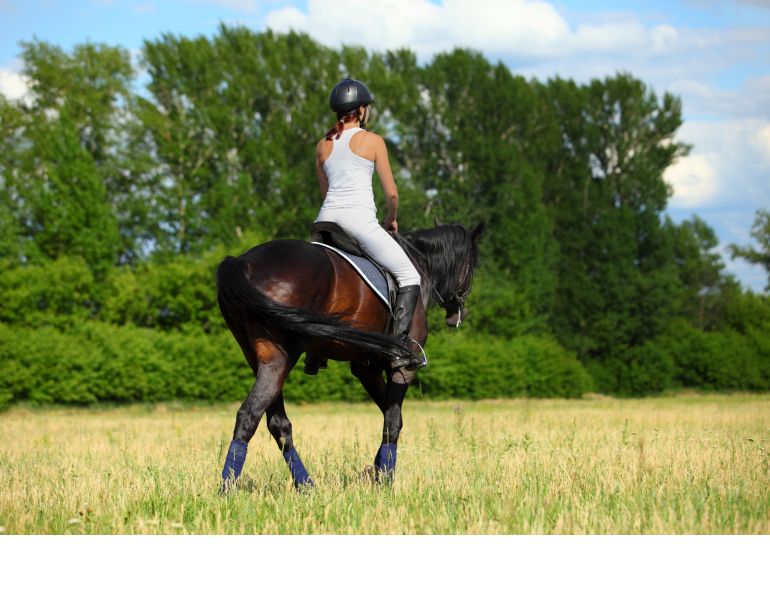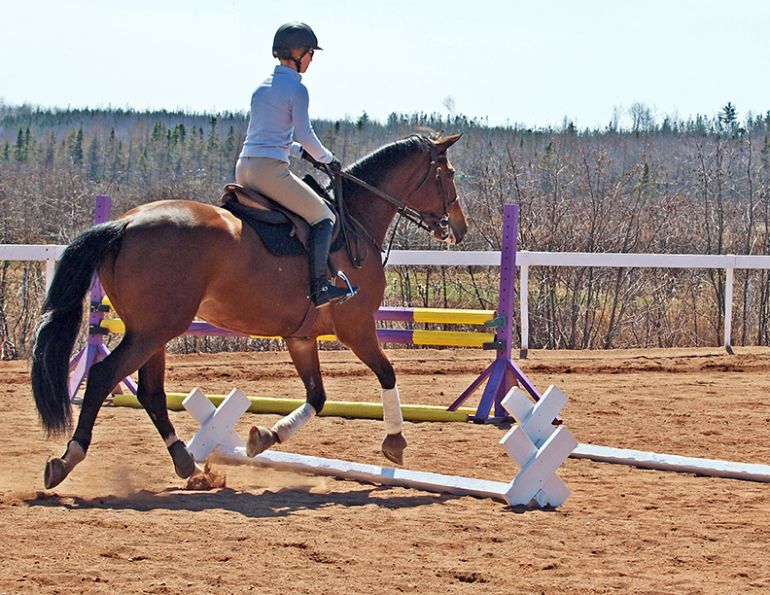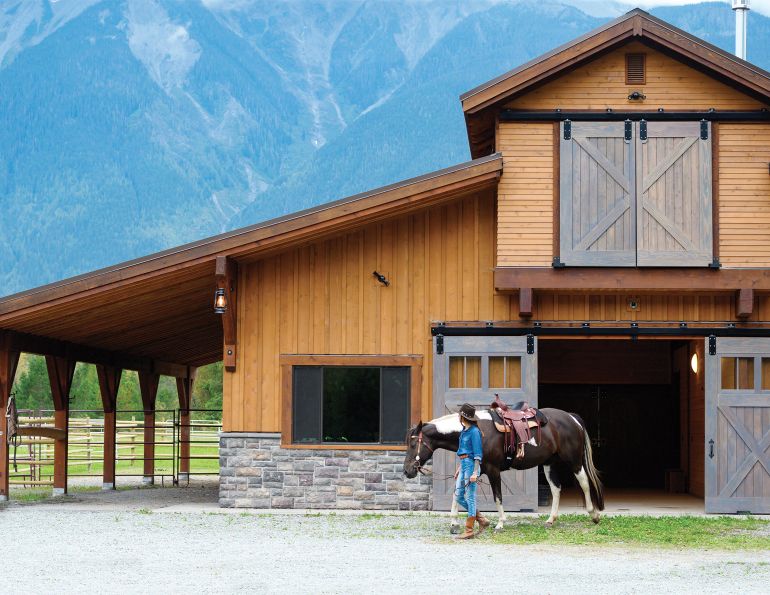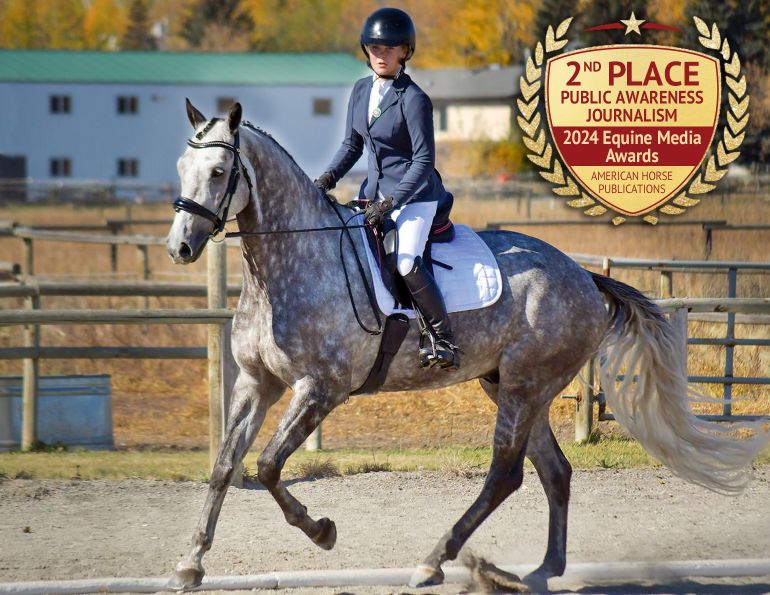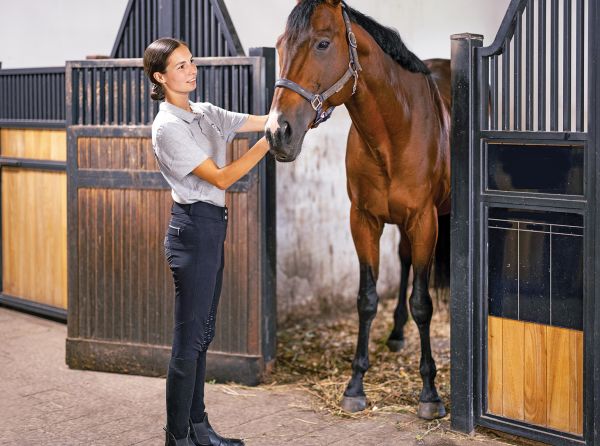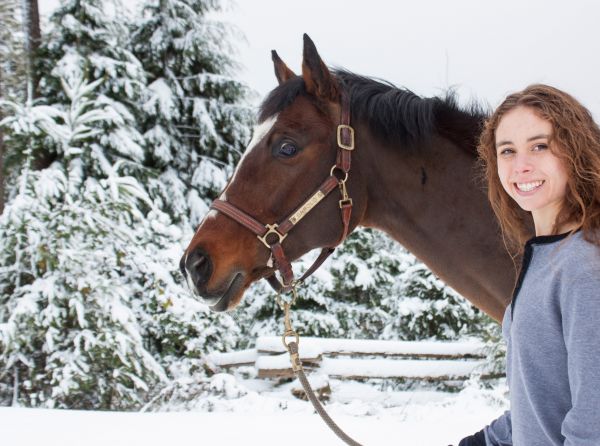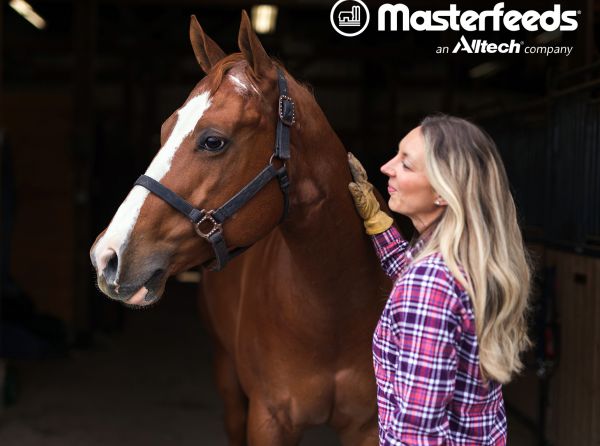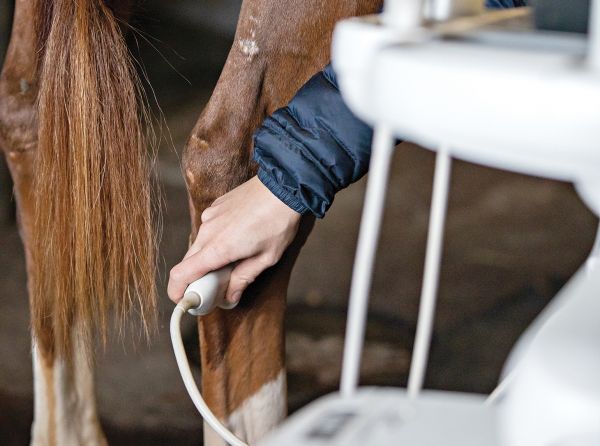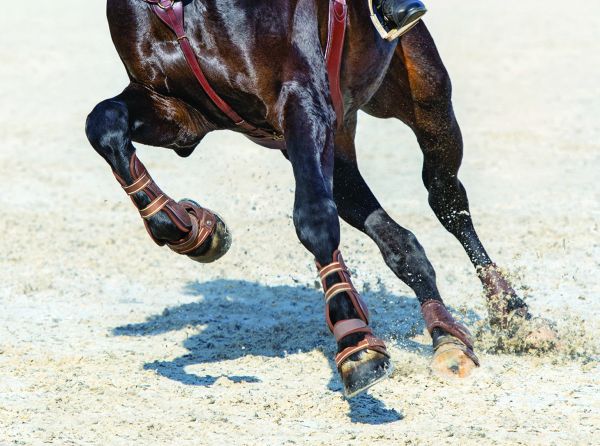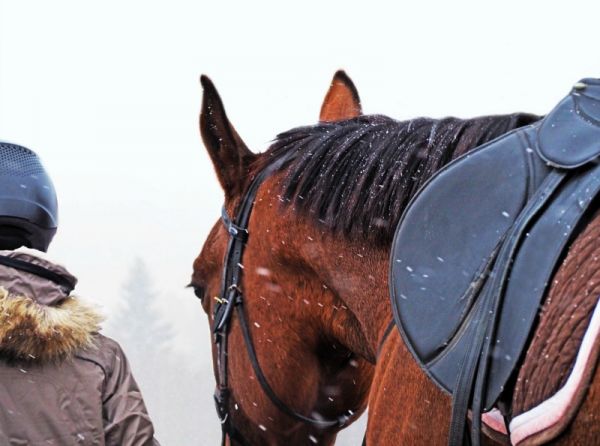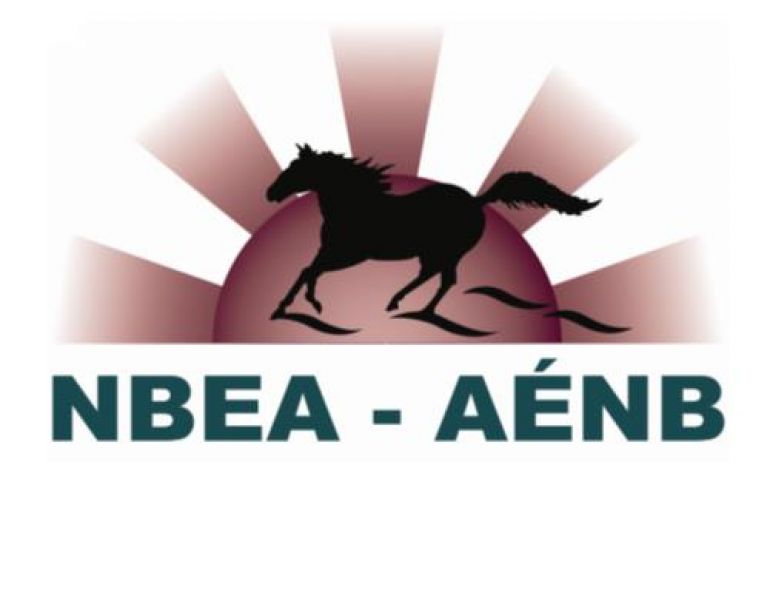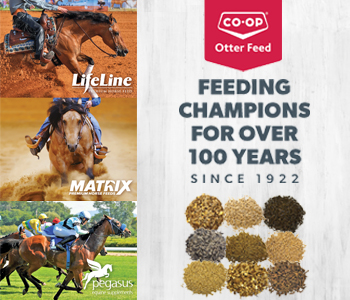Once Bitten, Twice Shy - Not the Case says Research
By Jackie Bellamy-Zions, Equine Guelph
Ph.D. candidate Lara Genik and Dr. C. Meghan McMurtry from the University of Guelph’s Department of Psychology conducted a survey at the 2015 Royal Agricultural Winter Fair (RAWF) in Toronto, looking into the prevalence and impact of less studied painful incidents among children while handling and riding horses. Genik’s research survey set out to understand common painful incidents associated with riding and to gain insight that could potentially lead to intervention through safety and educational programming.
“There hasn’t been much work conducted about less serious incidents,” says Genik. “When I looked at the literature that did exist, I found that it has primarily focused on serious injuries that led to hospitalization. For example, we don’t know much about how often less serious incidents are occurring, when or where they are occurring, and what the impact is on youth and their parents.”
With the help of Equine Guelph and their EquiMania! youth display, data was collected at the RAWF. Brief questionnaires about their riding habits, including helmet use, supervision, painful incidents that have occurred and their impact, were completed by 120 children aged 8 to 18 years, who participated in riding at least once/week, and a parent.
A startling result indicated that 75 percent of the children surveyed had experienced at least one type of painful incident more than once, yet only 7.3 percent said they had modified their behaviour (e.g., keeping fingers away from the horse’s mouth after having been bitten). “We were quite surprised that these incidents had little impact on children’s behaviour around horses,” says Genik. “This implies that the incidents may continue to occur even if they could be prevented – and we know from recent work that many incidents around horses may actually be preventable.”
Responses from parents and children were quite consistent and revealed that regular and consistent helmet use and supervision were more commonly endorsed when riding horses compared to when handling them on the ground. There were just a few responses that differed. Specifically, parents believed children’s helmet use occurred more frequently when handling horses on the ground compared to their children’s reports. The same was true for the answers regarding supervision when working around horses from the ground.
When incidents did occur, it was mainly parents and coaches who addressed them. Therefore, a proactive suggestion would be for both coaches and parents to have current first aid training and knowledge about concussions. The study also identified many benefits associated with riding, which Genik identified with, having been involved with horses since a young age herself. “It is a fantastic sport and there have been many positive changes in regards to safety around horses over recent years,” says Genik, “but we still need to do more. Specifically, we think there would be value in learning more about how and what is happening when these incidents occur — this could allow us to more specifically inform, develop, and implement targeted interventions to relevant stakeholders.”
Genik hopes future research into the relatively unknown prevalence of minor incidents around horses will help parents and riding coaches supervise and educate children in proactive ways, as well as work through incidents and talk about prevention strategies. The development of problem-solving skills was one of the benefits of riding, according to survey participants. This is a great opportunity for parents to apply these problem-solving skills with children.
Future studies collaborating with stables could provide a better understanding of incidents to tailor and update safety programming. Detailed incident reporting and real-time reporting are just a few of the items cited for potential research that could contribute to education influencing behavioural change.
Read the full research paper at ScienceDirect.
Equine Guelph has been happy to support this important research. With the same goals for increasing safety through education, Equine Guelph offers online courses benefitting anyone who handles horses. For more information, visit Equine Guelph’s The Horse Portal.
Reprinted with the kind permission of Equine Guelph.
Photo: Canstock/Racorn





